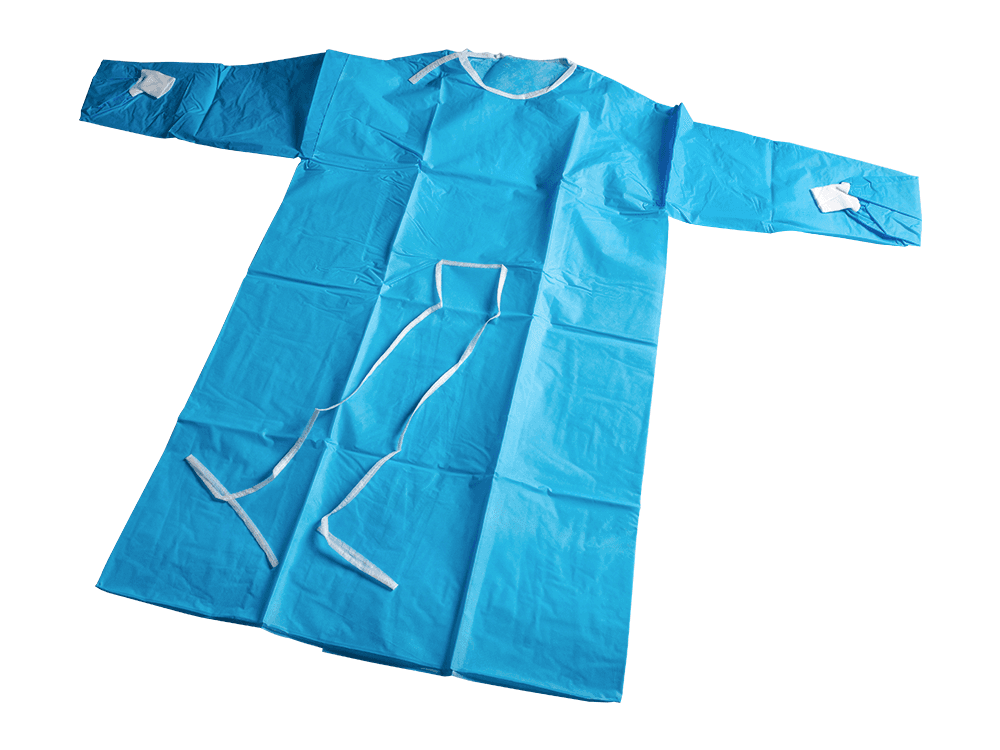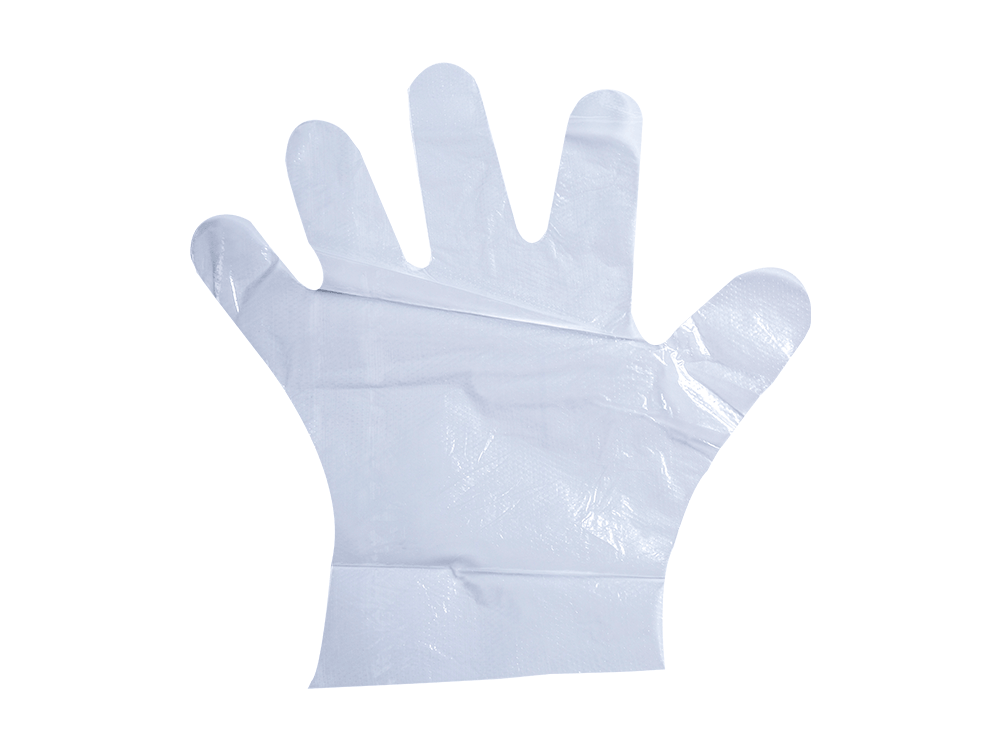During the manufacturing of casting film rolls, several quality control measures are typically implemented to ensure that the final product meets the required standards. These measures may include:
Raw Material Inspection: The quality control process often begins with the inspection of raw materials such as the polymer resins used in the casting film. This involves assessing the physical and chemical properties of the raw materials to ensure they meet the specified requirements for the production of high-quality film rolls.
Process Monitoring: Throughout the manufacturing process, various parameters such as temperature, pressure, and speed are closely monitored to ensure that the casting process is consistent and that the film produced meets the desired specifications. Any deviations from the set parameters can be identified and corrected in real time to maintain product quality.
Thickness Control: Maintaining uniform thickness across the width and length of the film is crucial for ensuring consistent performance. Quality control measures often include the use of precision gauges and sensors to monitor and adjust the film thickness during the casting process.
Visual Inspection: Visual inspection of the film surface is conducted to detect any defects such as air bubbles, wrinkles, or surface irregularities. Automated vision systems or trained personnel may be employed to identify and address any visual imperfections in the film rolls.
Mechanical Testing: Physical properties of the film, such as tensile strength, elongation, tear resistance, and impact strength, are often tested to ensure that the film meets the required performance standards. This may involve sampling film rolls at regular intervals and subjecting them to standardized mechanical tests.
Optical Properties Testing: Quality control measures may include assessing optical properties such as transparency, haze, and gloss to ensure that the film meets the desired visual characteristics.
Surface Treatment Inspection: If the film requires surface treatments such as corona treatment for improved adhesion, the effectiveness of these treatments may be tested to ensure proper surface energy and adhesion properties.
Roll Inspection: Once the film is rolled, the finished rolls may undergo inspection for defects, proper winding tension, and roll dimensions to ensure that they are suitable for storage, transportation, and subsequent processing by customers.
These quality control measures are essential for ensuring that casting film rolls meet the required specifications for various applications, including packaging, lamination, and industrial uses. By implementing rigorous quality control processes, manufacturers can maintain consistency, reliability, and performance in their casting film products.


 english
english 中文简体
中文简体

















